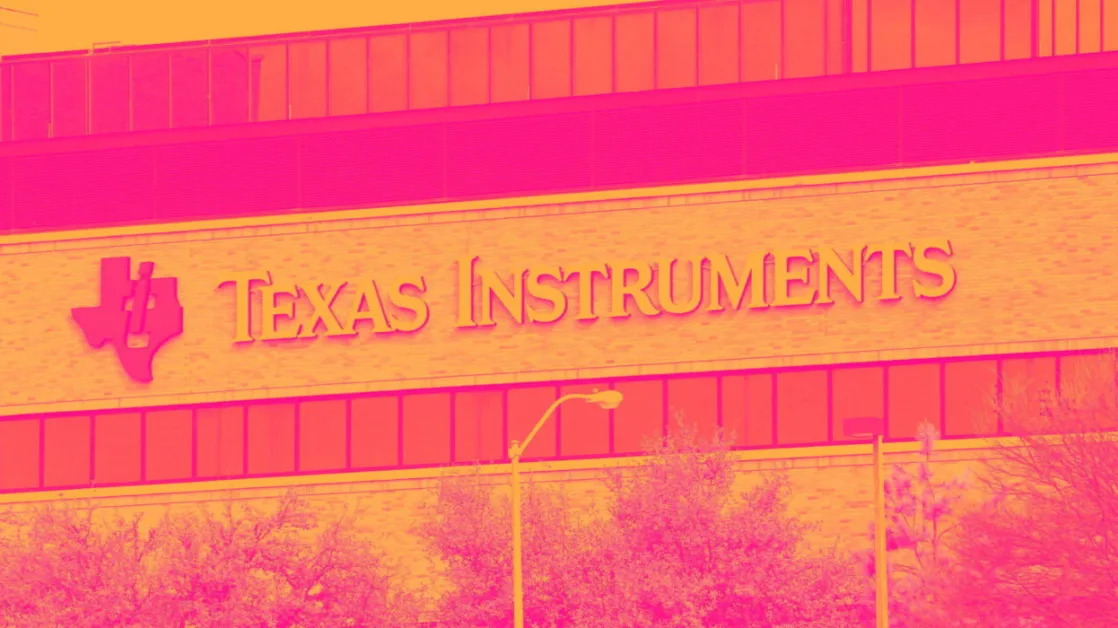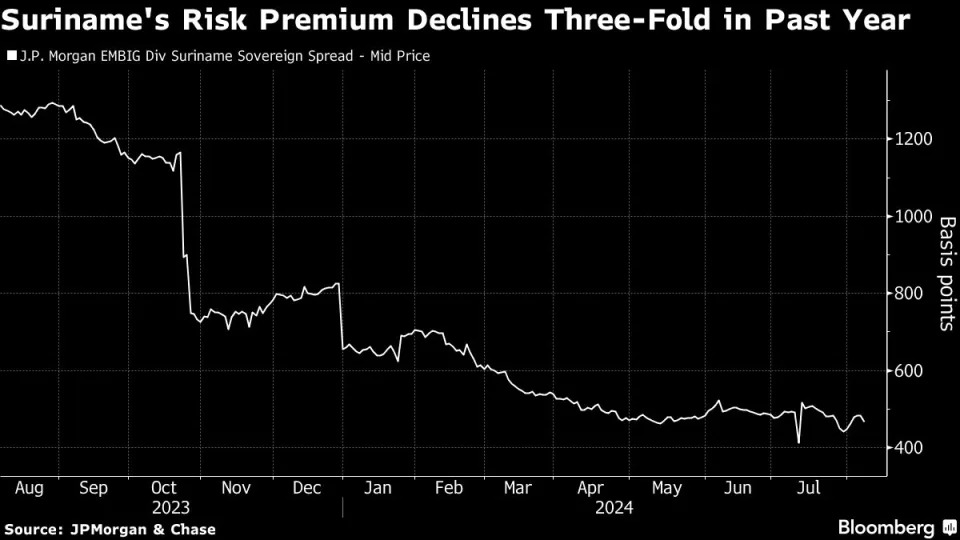This story was originally published on Banking Dive . To receive daily news and insights, subscribe to our free daily Banking Dive newsletter .
Michael Barr, the Federal Reserve’s vice chair for supervision, advocated for robust regulation and supervision to serve as essential buffers against risks to the financial system, according to remarks Thursday .
Barr, who is set to leave his post Feb. 28 , reflected on lessons learned from bank failures during his tenure and highlighted key risks he expects will continue to impact the financial system. Barr, who assumed office in July 2022, will remain a member of the Fed board.
Barr emphasized the Fed’s independence from political interference, calling it “ critical to our ability to meet our statutory mandates and serve the American public.”
The Fed has not yet named a candidate to replace Barr, though the top contender for the post is presumed to Michelle Bowman, who has campaigned for a more pragmatic regulatory and supervisory approach.
Barr urged regulators to finish implementing the “final plank” of reforms from the 2007-08 crisis and not dismantle hard-fought resilience banks have built over the years. He stressed the importance of Basel III endgame reforms.
In July 2023, the Fed published a proposed revision of the Basel III endgame following the failures of Signature, First Republic and Silicon Valley banks.
But the proposed 19% increase in capital requirements for the nation’s biggest banks spurred an outcry from the sector. Barr led an effort last September to lower the increase to 9% . It still did not gain ground.
Barr urged regulators not to lower bank capital requirements that might underestimate aggregate risk.
“As they did during the Basel III process, banks are likely to argue against various aspects of the Fed's models that result in higher capital requirements, and not to highlight the areas in which the models underestimate risks,” Barr said.
Barr said revised Basel III standards, along with “revised long-term debt requirements, and to-be-proposed liquidity standards would help to address gaps in our current framework, and I continue to believe that they should move forward.”
Banks and trade groups have sued the Fed for lack of transparency regarding stress tests and claimed the results impact the cost of financial services.
Barr pressed the need to preserve and enhance the ability of supervisors “to act with speed, force, and agility as appropriate to the risk” amid calls to revamp supervision to reduce regulatory burden.
The Fed board, he said, should resist initiatives that impede effective supervision by discouraging examiners to flag issues early, or ones that add to the process unnecessarily. More generally, supervision is another area in which "efficiency and competitiveness" should not be used as an excuse for lax oversight that significantly impairs the safety and soundness of individual institutions and undermines broader financial stability, he said.
President Donald Trump on Tuesday issued an executive order that forces independent agencies, including the Fed, to submit “significant” regulations to a unit within the White House’s Office of Management and Budget for review. The order includes supervision and regulation but leaves monetary policy alone.
Barr on Thursday also underscored the importance of innovation, such as blockchain technology underlying crypto assets that can “make financial services better, cheaper, and faster.” However, crypto assets do not have the structural guardrails that protect investors like in other financial markets, and attractive returns from cryptocurrencies make it a target for money laundering and terrorist financing, he said.
“It is important that those guardrails are put in place to avoid issues such as the misuse of client funds, misrepresentations, obfuscation about availability of deposit insurance, and fraud,” Barr said.
A major concern for banks and regulators is proper management of cyber and third-party risks, because any disruption in a bank’s operation could impair its ability to function and adversely impact the safety and soundness of the financial system as a whole, Barr noted.
Barr also mentioned rising risks from hedge funds, private credit, and the insurance industry in the nonbank sector.
“The rapid growth and opacity of the sector raise the risk that recent private credit arrangements may be assuming new risks. Retail investors can now gain exposure to the asset class through mutual or exchange traded funds, which could present the age-old consumer and financial stability risks we see when opaque, illiquid assets are converted to liquid ones,” Barr said.
Climate risk was also on Barr’s agenda.
“The recent wildfires in California should be a wake-up call that we need to focus on how insurance markets will need to adjust to more frequent and severe weather events,” he said. “The Federal Reserve has an important but narrow role to play with respect to climate change, and that is to focus on risks from climate change to bank safety and soundness and financial stability.”
Recommended Reading





